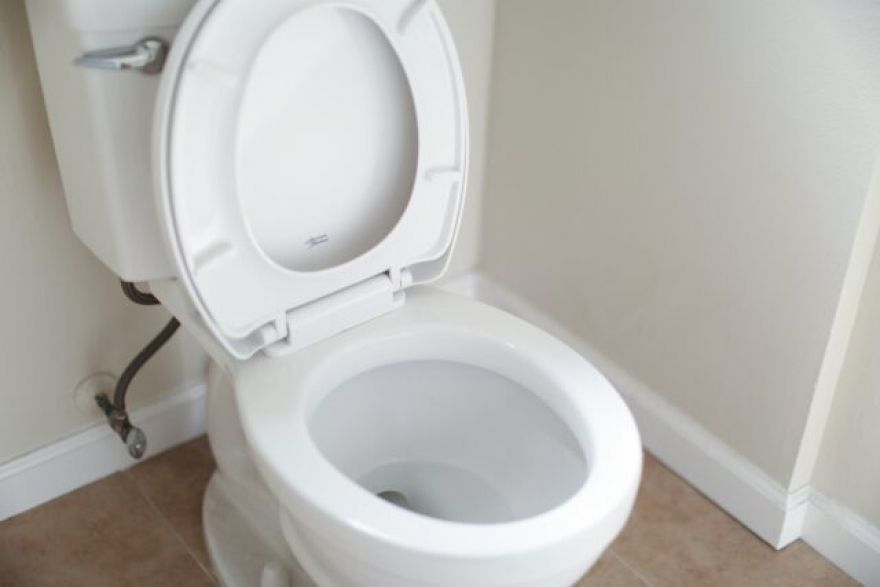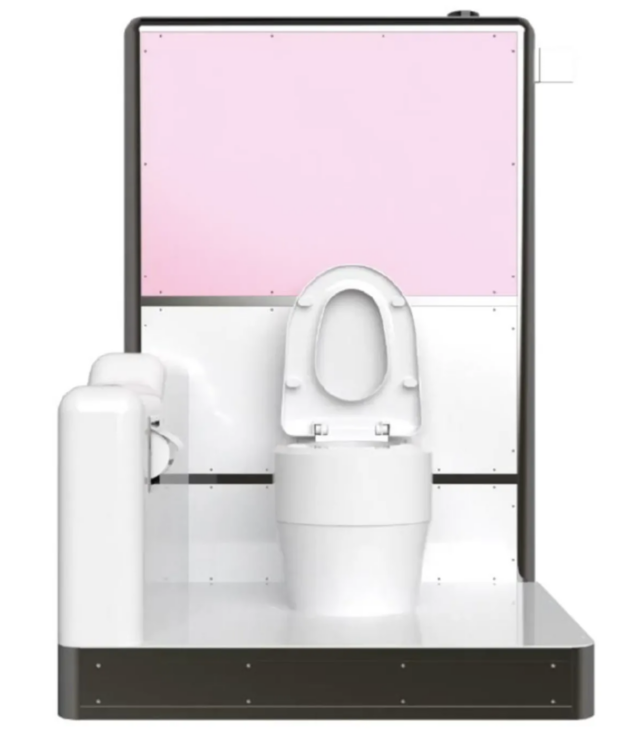
Samsung, Gates Foundation Plan to ‘Reinvent the Toilet’
The Gates Foundation originally proposed the idea of “reinventing” the toilet back in 2011, when it launched a inviting researchers to redesign the utility. It’s since awarded grants to designers and community advocates from more than 29 countries and used the challenge to raise awareness surrounding safe and affordable sanitation.

(Image: Samsung)
As required by the Gates Foundation’s “Reinvent the Toilet Challenge,” Samsung’s prototype is designed for household use and is considered energy-efficient. Samsung says the toilet’s “bioprocessing technologies” kill pathogens from human waste, reducing the waste’s potential negative impact on public health. The unit dehydrates solid waste and combusts it, turning the waste into ashes. Meanwhile, water treated through a biological purification process can be recycled for future use (though it’s unclear whether it’s reused in the toilet itself or elsewhere).
While combustion is generally disfavored for its production of greenhouse gasses, its use within Samsung’s toilet prototype is likely considered the lesser of two evils. According to the World Health Organization and UNICEF, more than 3.5 billion people lack safe sanitation—particularly those who live in flood-prone regions or crowded urban areas without proper infrastructure. This results in approximately 500,000 child deaths due to diarrheal disease per year, on top of a plethora of adult health and hygiene issues. The (presumably) very small combustion processes involved in Samsung’s prototype might well be considered more bearable than hundreds of thousands of otherwise preventable deaths.
The toilet isn’t quite market-ready yet, but it’s been successfully tested. Samsung has promised to offer royalty-free patent licenses to make the toilet’s design more widely accessible, even as it seeks to commercialize the toilet with a few undisclosed industry partners.
Now Read: